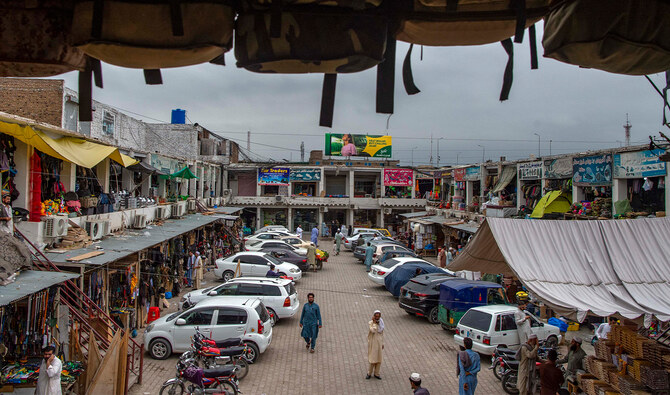PESHAWAR: In an effort to document the economy and broaden the tax net, a Pakistani provincial chief minister has announced a novel scheme this week: whistleblowers who assist the government in identifying ‘benami,’ in which property purchases conceal the identity of the true buyer, will be rewarded with 40% of the value of the asset.
Benami properties, or assets registered under another person’s name to disguise the actual owner’s identity, are often used to conceal movable or immovable assets for tax evasion or other purposes.
Addressing a ceremony on Wednesday evening, Khyber Pakhtunkhwa Chief Minister Ali Amin Gandapur outlined his plan to introduce a whistleblower law.
“We will give 40% [of the amount] to the person who identifies and informs us that this item belongs to Ali Amin and is registered under his driver’s name,” Gandapur said, explaining the scheme.
“When someone won’t be able to show the money trail, which we refer to as benami or nameless, it will be established through the transaction that this person doesn’t have the capability to own a fuel station, this property, this building or this vehicle. Either he will reveal who the culprit is or if he won’t tell, the government will seize it. But whoever will point it out, they will get 40% [value of the asset].”
The chief minister said public cooperation was crucial to the government, which could not advance in its tax collection targets without their support.
Pakistan’s tax collection body, the Federal Board of Revenue, announced in 2019 it would confiscate vehicles and properties with proxy ownership, as well as fictitious bank accounts.
Despite public resistance, Pakistan is pushing ahead with plans for new taxes in line with ambitious revenue targets adopted to clinch a staff-level deal on a 37-month IMF program this September. Pakistani authorities have recently taken stringent measures to broaden the country’s tax net, including blocking mobile phone connections of individuals and registering retailers.
Despite several donor-supported reform attempts, Pakistan’s tax-to-GDP ratio continues to hover at around 10% of GDP. The inability to expand tax revenue contributes to significant public service delivery gaps: over 20 million people live without clean water, almost one in every three people do not have a decent toilet, and about 40% children under the age of five have stunted growth.


















